Historians don’t agree on much, but they do agree that the telegraph, railroad and steam engine were all transformative technologies — the kinds of technologies that don’t occur very often throughout history.
In fact, historians even came up with a special moniker to describe these epochal breakthroughs: “general-purpose technologies” or GPTs.
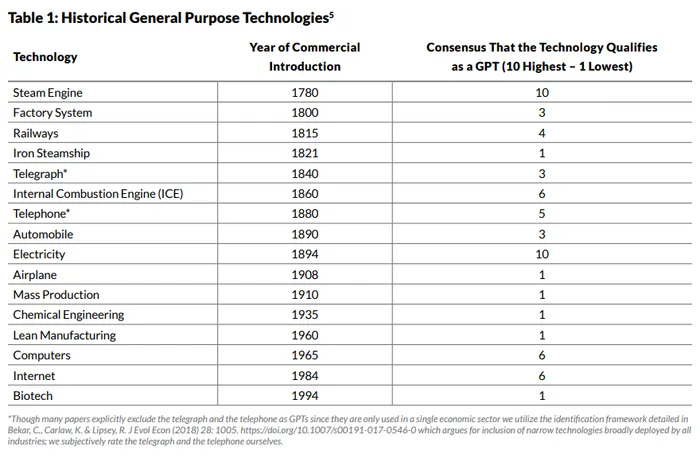
These technologies are considered “general” because they have many different uses, create spillover effects, and serve as platforms for further innovation. They are not limited to a specific sector or industry and usually affect entire economies and societies. Electricity is a general-purpose technology as it powers many different devices and machines, enables new forms of communication and entertainment, and unlocks new inventions and discoveries.
Humor me for a sec and let’s traverse back in time to 1872, when the three GPTs mentioned earlier — the telegraph, railroad and steam engine — were all hitting S-curves and experiencing exponential growth.
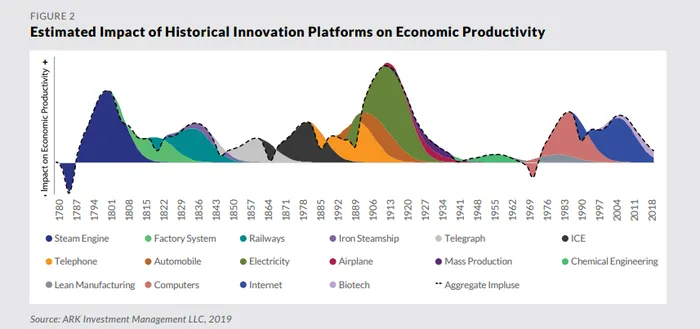
In 1872, China had just put down the Taiping Rebellion, the bloodiest civil war in human history that lasted for 14 years and killed 20 million people. One of the key figures who helped the Qing Dynasty suppress the rebels was Li Hongzhang, a prominent Chinese general.
The conflict provided Li with an appreciation for Western weapons and technologies, especially shipbuilding, which played a key role in the fight. He went on to write a memorandum urging more investment in this vital sector, penning a line that’s echoed for generations. China, according to Li, was experiencing “great changes not seen in three thousand years.”
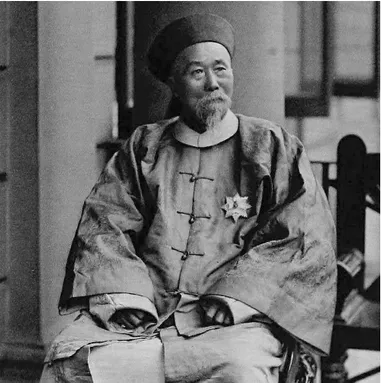
Li Hongzhang in 1896
Today, Li’s line has been repurposed by China’s leader Xi Jinping to lay claim to a new phase of Chinese history. Since 2017, Xi has, in many of the country’s critical foreign policy addresses, declared that the world is in the midst of “great changes unseen in a century” [百年未有之大变局].
In his book, The Long Game: China’s Grand Strategy to Displace American Order, Rush Doshi, one of President Biden’s top China advisors, writes that “if Li evokes tragedy, then Xi evokes opportunity. But both capture something essential: the idea that world order is once again at stake because of unprecedented geopolitical and technological shifts, and that this requires strategic adjustment.”
For Xi, the drivers of this ‘great change’ are threefold: China’s growing clout, what it sees as the West’s apparent self-immolation, and the rapid technological change of the 21st century. We’ll leave the first two prongs to the historians and political scientists and focus our attention on the third and final ‘great change’ of our time: technology.
Since becoming president of the People’s Republic of China in 2013, Xi’s reign has been characterized by one economic miracle…
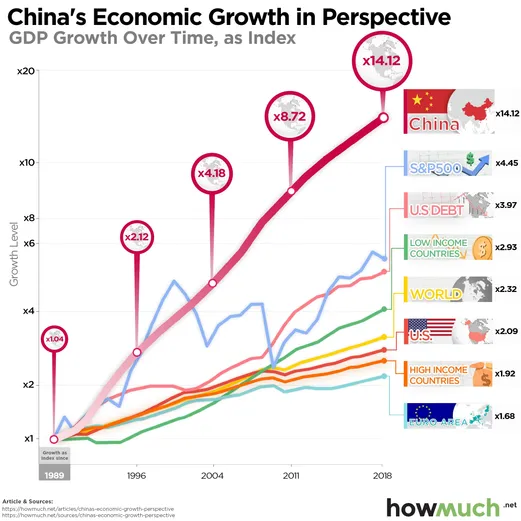
after another…
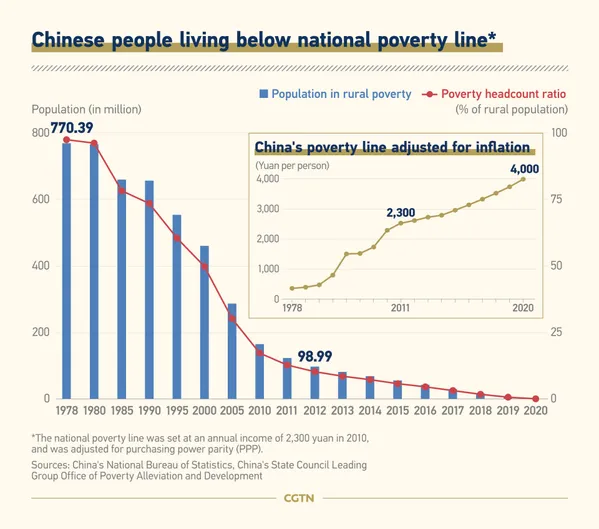
China started as the world’s factory, toiling away to produce low value-add goods like steel and other industrial inputs. It excelled in this role, so much so that China began moving up the value chain.
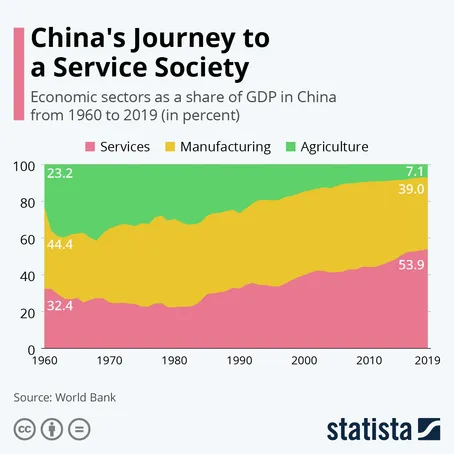
Today, China is a world leader in all sorts of cutting-edge tech: 5G, batteries, shipbuilding, solar, and drones, to name a few.
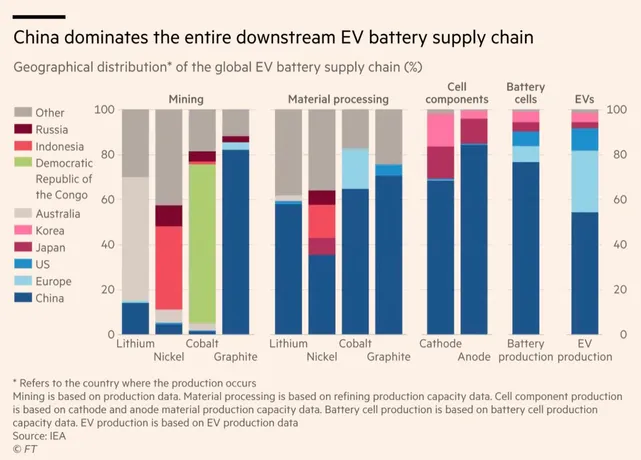
Xi has learned that with great technology, comes great power. His “no limits” friend, Vladimir Putin, seems to also understand this dynamic.
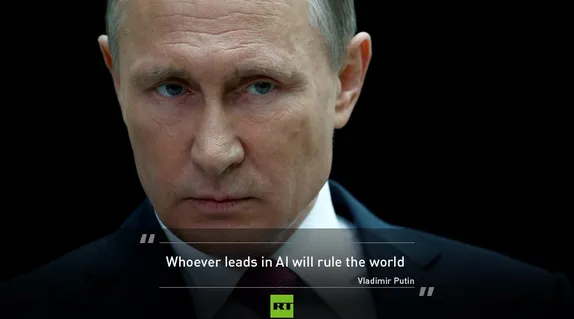
Both men recognize what Li Hongzhang noted many moons ago: that control of key technologies lies upstream of military and political power. In an era characterized by a politically fractured and frayed America, both Xi and Putin view technology as the way to bring about a new world order.
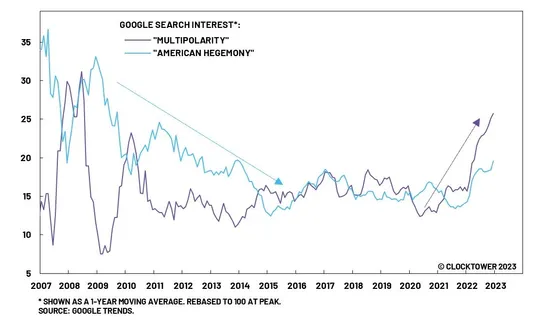
For China, this is no new goal; it’s been systematically developing its tech sector for decades.
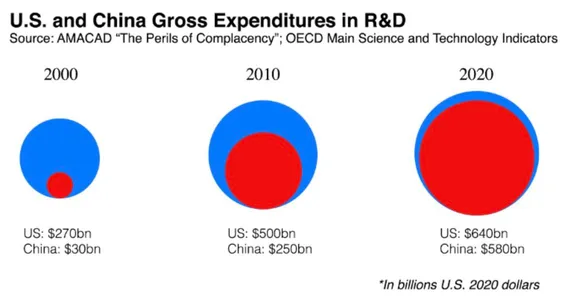
By combining aggressive industrial policy with relentless industrial espionage, Xi has transformed China into one of the world’s two tech superpowers.
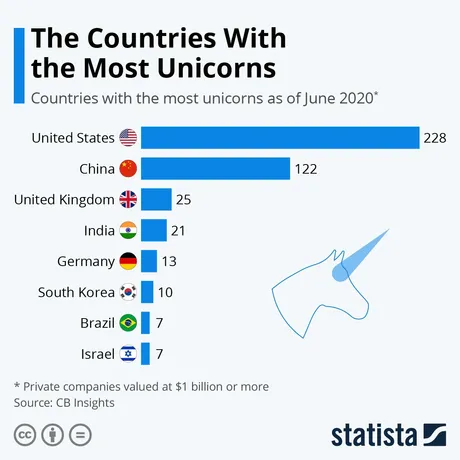
For context, it’s estimated that China plows 4.9% of its annual GDP ($700 billion) into industrial policy, a figure 12x greater than that of the United States. FBI Director Christopher Wray has also said that the FBI opens a new China-related investigation every 12 hours and has over 2,000 active cases.
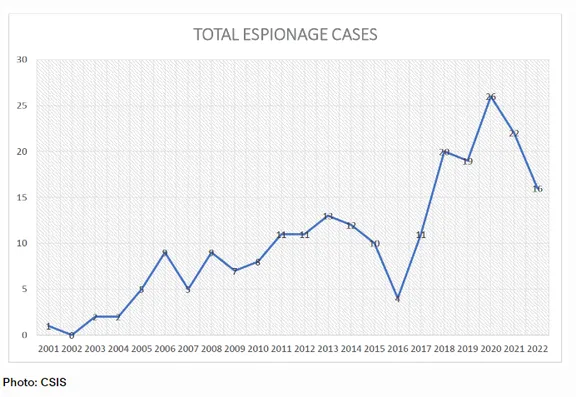
Xi’s Made in China 2025 program is the latest iteration of China’s long-standing plan to develop high-tech products and services. Notably, this plan focuses on 10 priority sectors, such as artificial intelligence, aerospace, and biotech.
These areas of focus share a remarkable degree of overlap with Ark Invest’s research into next-generation General Purpose Technologies. These are the technologies humanity is on the cusp of building that Ark believes future historians will look back on as GPTs.
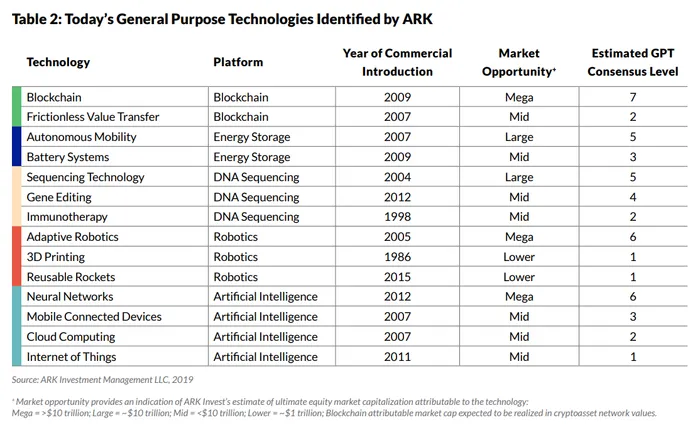
Notably, China has a national champion in just about every field but one: blockchain. Our precious magic internet money is the glaring outlier.
On a philosophical level, this tells us something. Blockchain is perhaps the least CCP-friendly GPT out of the 14 listed above. As a result, Beijing has opted to build its own CPP-style blockchain, with mixed results. Xi and co.’s zero-tolerance stance on public blockchains has succeeded in pushing innovation and investment away, enabling other countries like the U.S. to gain a healthy lead.
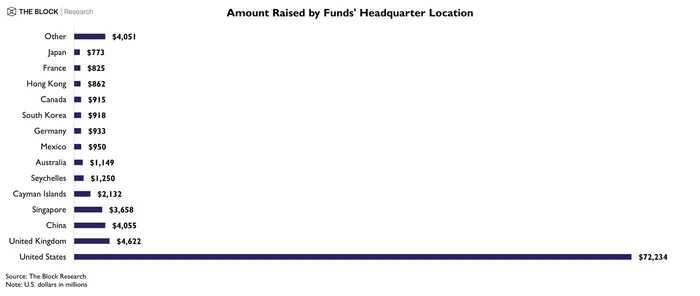
On a game theoretic level, this makes no sense. Even if something is 100% predestined to be bad for you, it’s still better to have limited control over the bad thing than no control whatsoever. Control is power. And control offers influence over the eventual outcome.
In recent months, it appears Beijing is warming up to this line of thinking…

On Easter Sunday, while many Americans searched for hidden eggs, and Gary Gensler searched for his next low-level lawsuit target, Hong Kong’s Financial Secretary penned a blog post declaring that it was the “right time” to push web3 adoption. Secretary Chan went on to say that the crypto industry reminds him of the internet in the early 2000s.
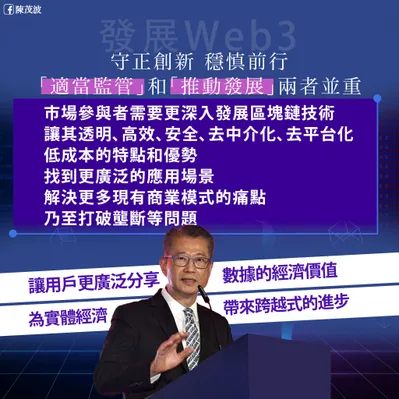
Chan’s comments came just days before Hong Kong hosts the Digital Economy Summit, a two-day event focused on accelerating web3 technologies at a state and global level. In his speech, Mr. Chan also noted that in planning Hong Kong’s budget, he identified web3 technologies as one of three focus areas to target and set aside $6.4 million of HK’s annual budget to invest in web3.

One way to think about Hong Kong’s re-embrace of crypto is to simply chalk it up to Mr. Chan and his colleagues feelin the competitive pressure from other financial meccas like Singapore.

But dig deeper and you pretty quickly realize that it’s not just Hong Kong that’s courting crypto but also mainland China. For one, Hong Kong’s largest virtual bank offering services to the crypto industry is run by Ou Yaping, a Chinese guy with extensive ties to the mainland.
At a time when Beijing made Jack Ma — once China’s most recognized tech titan — “disappear,” you’d think Mr. Yaping would get a tap on the shoulder if he was running afoul of party doctrine. But no, his (so far) unprofitable push into crypto has been met with strategic silence from Beijing.
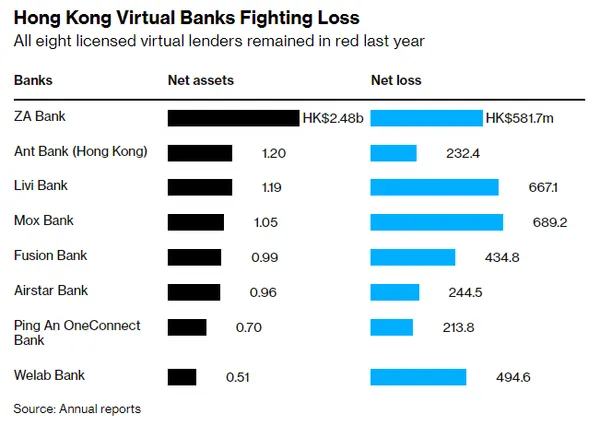
Separately, a curious happening recently took place on Douyin, aka China’s TikTok. Just the other day, Douyin updated its platform with new features that allow users to search “bitcoin” and view its price. Boasting over 600 million users, Douyin’s move caused quite a stir as it suggested a tacit nod of approval from the internet overlords at the CPP. However, a few hours after it went live, Douyin took down the BTC price ticker.
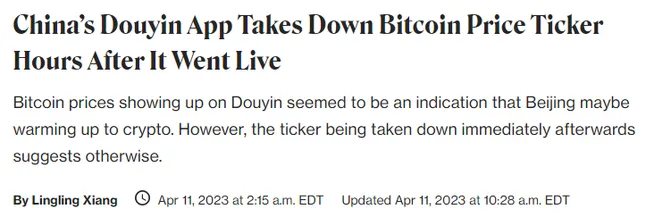
Whether the whole episode was just a case of an overly zealous Douyin exec or a leading indicator of what’s to come remains unclear. However, what is clear is that attitudes are beginning to change in China. Hong Kong’s highly public and highly political embrace of crypto would be untenable without support from its mainland benefactors.
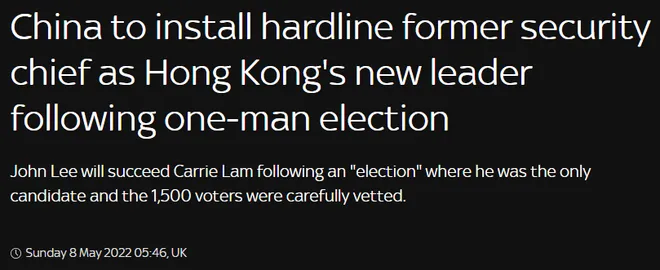
Reading the tea leaves, it seems Beijing is finally waking up to the reality that crypto is more than just scams and dog money, but a bonafide general-purpose technology – one that will shape the future of finance and geopolitics. Whether it shapes the future in a Beijing-friendly way will largely depend on Hong Kong and its ongoing embrace of the crypto industry.
Whatever the end result, it’s clear “great changes unseen in a century” are afoot.